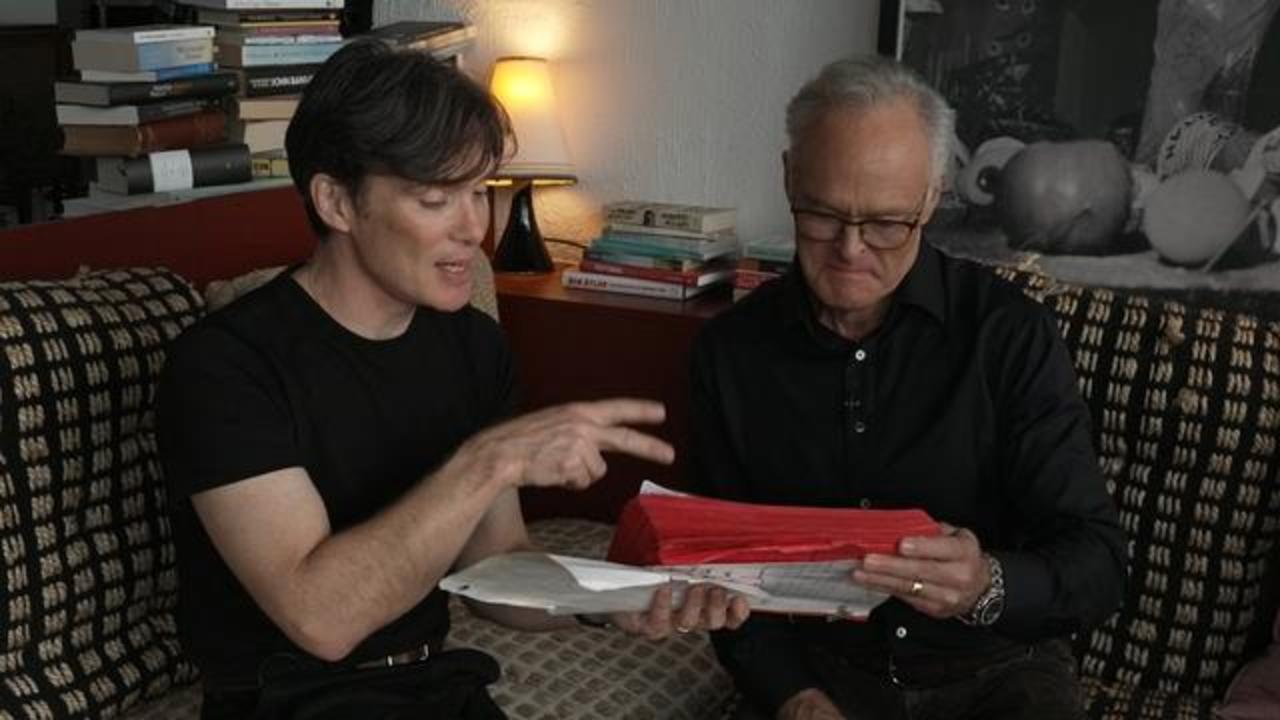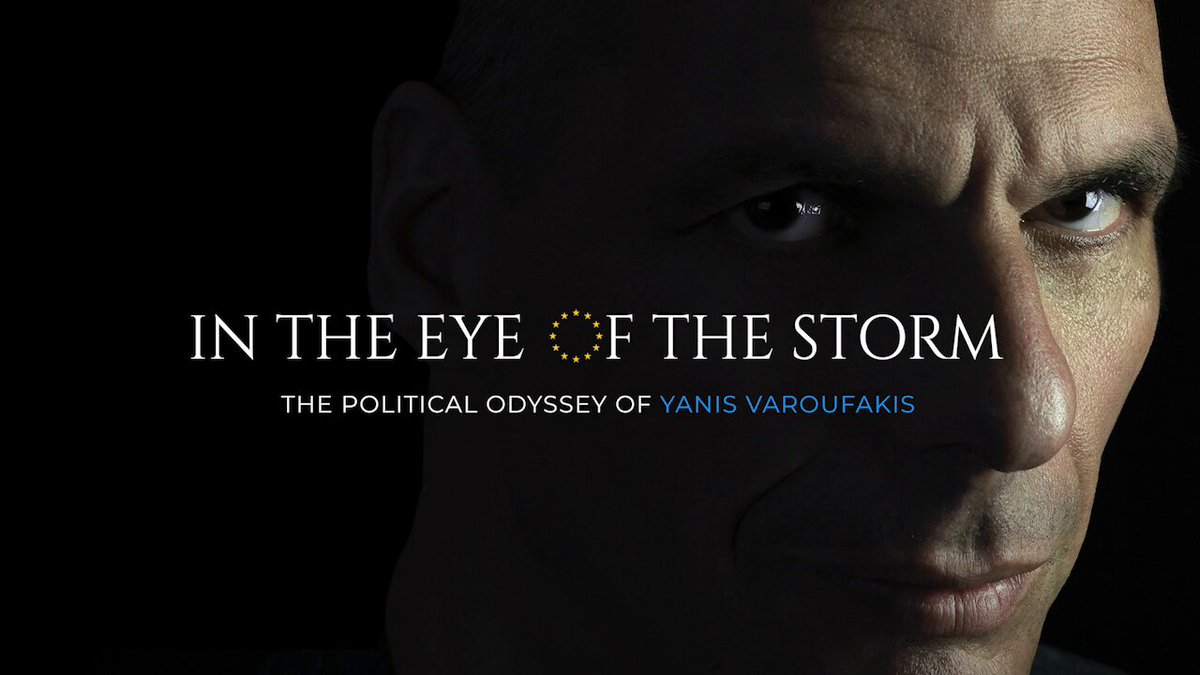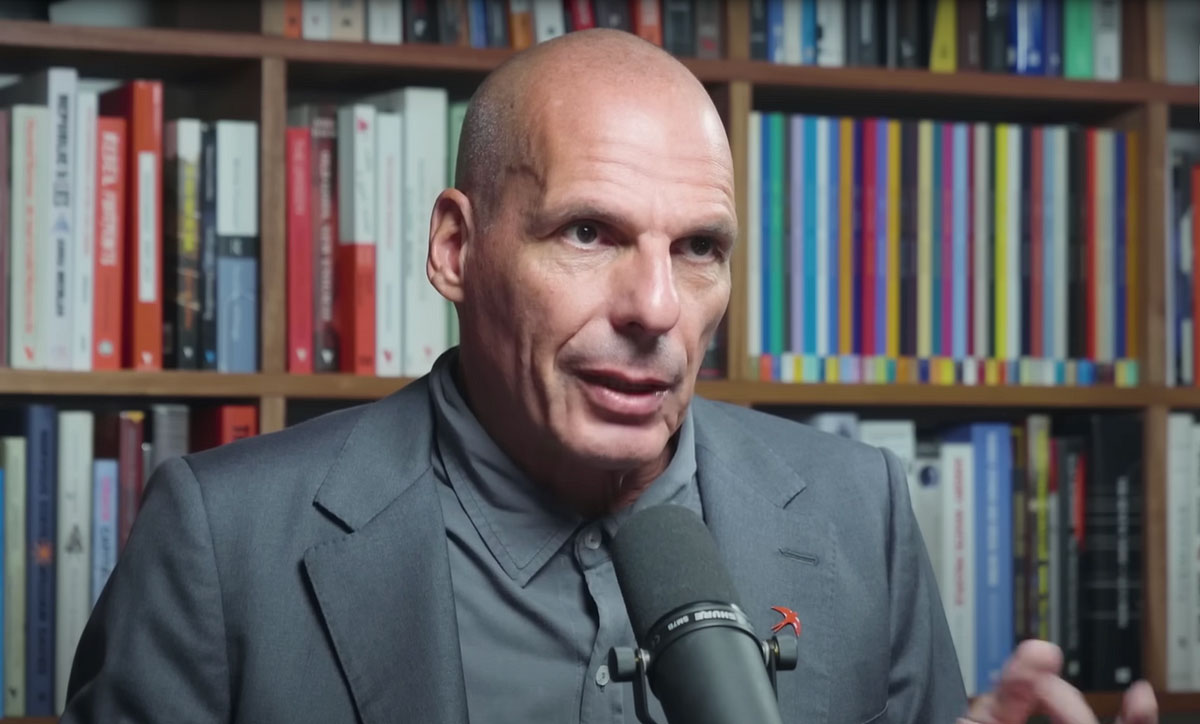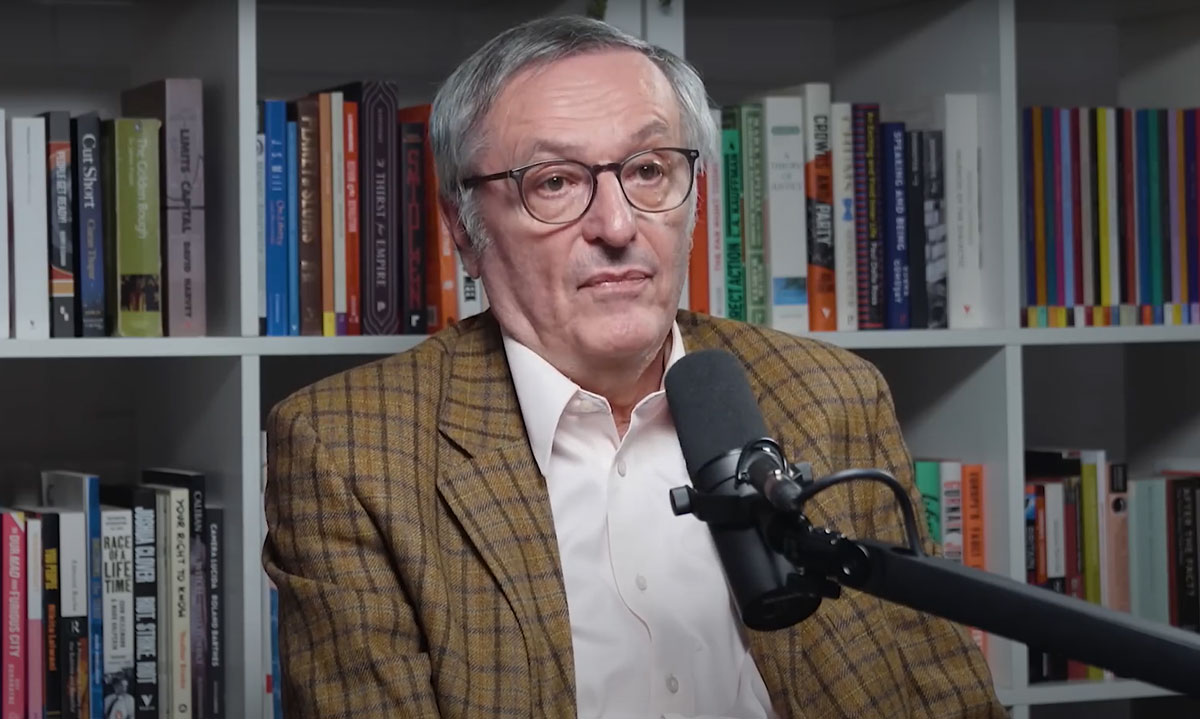MICHEL CIMENT: When people speak of your films, they bring up the notion of asceticism so often that it has become a cliché. But what strikes me is a different, almost an opposite, quality: vigor.
ROBERT BRESSON: Vigor by way of precision. Precision can also be poetry.
MICHEL CIMENT: Vigor . . . and speed. Your script, had a different filmmaker shot it, would have turned into a film of two hours and a quarter, not one of under an hour and a half.
ROBERT BRESSON: The length was dictated by the composition, as with a piece of music. When I make a film I listen to it the way a pianist listens to the sonata he’s going to play. I train the images to fit the sound rather than the other way around. Our system of sight occupies a very large portion of our brain, maybe two-thirds of it. And yet, our eyes are much less imaginative—in less varied, less profound ways—than our ears. How can I not take that into account when the imagination is such an important part of creation?
MICHEL CIMENT: You have rarely used film composers, opting instead for the masters: Mozart, Lully, Monteverdi, Schubert, Bach.
ROBERT BRESSON: That has little importance now, since years ago I completely eliminated any music used for underscoring or accompaniment in my films. It took me a long time to discover the nefarious effect of it, even—or especially—when the music itself is glorious. Immediately, the images become flat. Whereas with the addition of the smallest sound, they work overtime, they become more profound, they expand into a third dimension.
MICHEL CIMENT: Why did you choose Bach’s Chromatic Fantasia and Fugue for L’Argent?
ROBERT BRESSON: Because I didn’t want my pianist to play sentimental music. But Bach’s music is always sentimental—so I fooled myself.
MICHEL CIMENT: Your cinema is built from fragments of reality, but the fragments are assembled into a specific order.
ROBERT BRESSON: Fragments of the real—or, rather, their relations and their assembly—are what allow for artistic expression. Not the mimicry and vocal techniques that actors use in the theater.
MICHEL CIMENT: You always oppose yourself to the theater.
ROBERT BRESSON: I adore the theater, but I don’t believe it’s in the interest of cinema to take itself for filmed theater, or for a synthesis of other arts. I like to quote Stendhal to aspiring filmmakers: “The other arts taught me how to write.” You have to develop an eye, an ear.
MICHEL CIMENT: You were never afraid that your relationship to painting would contaminate your making of films?
ROBERT BRESSON: No. If I think about painting, it’s to flee from it. I want to flee from color postcards. That’s not what it means, for me, to construct images with my painter’s eye.
MICHEL CIMENT: You came to color very late.
ROBERT BRESSON: It was too expensive. As soon as it was possible for me to use it, I did so happily. Color is light; light belongs to it.
MICHEL CIMENT: Do you still paint?
ROBERT BRESSON: No. Cézanne did everything it was possible to do. When I was a painter, I would race to the cinema every night—like many other painters—because that’s where things were moving: the leaves on the trees—they moved!
Film—or rather, cinematography—is the writing of tomorrow. Using two inks: one for the eye, the other for the ear.
MICHEL CIMENT: The camera moves a lot in your films, contrary to what people tend to think. But it’s always invisible. There are no traveling shots or pans.
ROBERT BRESSON: Because it isn’t about description but vision.
MICHEL CIMENT: Is it because you are so committed to exploiting sound that you don’t use focal depth very much in your films?
ROBERT BRESSON: Perhaps. But it’s also because I always use the same lens—a 50mm.
MICHEL CIMENT: Some critics were offended by the way you filmed pant legs in L’Argent.
ROBERT BRESSON: You must mean the pants of pedestrians crossing in front of the terrace of one of the cafés on the Grands Boulevards. Once, when I was in that area on a crowded day, that’s how it struck me: a jumble of legs, and the sharp sound of footsteps hitting the sidewalk. I tried to recreate that impression using sound and image. There was a similar criticism of my use of horses’ legs in Lancelot of the Lake. I had shown the legs of the animals (without showing the knights) because I wanted to draw attention to the muscularity and power of their hindquarters as they brace themselves just before a tournament starts.
MICHEL CIMENT: Even in D. W. Griffiths’s time, the legend was that producers would get angry when a director filmed close-ups because they had paid for the entire actor.
ROBERT BRESSON: To show everything in a film is to fall into the habits of the theater—much like the way actors act.
MICHEL CIMENT: Is it necessary for the power of the image to match the power of the sound?
ROBERT BRESSON: It’s true that, when sound and image mutually reinforce each other there can be a lessening, a loss of force. But it’s more complicated than that. When you’re filming, whatever enters through your eyes comes out through these two machines of so-called perfect reproduction—which of course they are not. One—the camera—gives us a false appearance of things. The other—the audio recorder—renders the very matter of sound itself. To make a film coherent, the former needs to borrow some of the reality of the latter (which has too much of it). What things the audience might be able to sample in the cinema, if they would only stop looking for the mastery of an actor, the modulations of a voice!
MICHEL CIMENT: How did you come to stop using actors and start employing what you call “models”—that is, people taken from everyday life?
ROBERT BRESSON: From the very first seconds of my first feature-length film, my actresses— there were only women in the film—suddenly ceased to be people, and everything I had imagined was irretrievably gone.
MICHEL CIMENT: How so?
ROBERT BRESSON: I suppose it had to do with their performative way of speaking and their meaningless gesticulations.
MICHEL CIMENT: You no longer choose your “models” based on their moral resemblance to your characters?
ROBERT BRESSON: As long as there isn’t something contrary in their voice or their way of speaking, my decision can be made very quickly. There are so many contradictions, so many idiosyncrasies in people—the same contradictions and idiosyncrasies Dostoevsky systematically exploited. I love working with unknowns and being surprised by them. I am never disappointed by my models. I am always finding something new in them, something I could never have imagined but that serves my intentions. And then, I believe in chance. In happy accidents. Yvon, the hero of the film, and Lucien, the photographer’s employee—and all of my models—are combinations of happy accidents and intuition.
MICHEL CIMENT: Which of your films has given you the most satisfaction?
ROBERT BRESSON: I never re-watch them, or almost never. All of them were a pleasure to make. Some I made very quickly and easily, like Pickpocket. Au hasard Balthazar had some happy moments along with some imperfections. You need wild, inconceivable coincidences to succeed at the most difficult things.
MICHEL CIMENT: In Notes on the Cinematograph, you write, “At a respectful distance from order and disorder,” which corresponds well with your process of very precise preparation combined with the acceptance of chance.
ROBERT BRESSON: “You have to shake the tree,” as Chaplin said. But not too much, I think. Just for the bit of real disorder that’s required.
MICHEL CIMENT: Watching your films, it’s hard to imagine that anything’s been left to improvisation.
ROBERT BRESSON: It’s curious: Some of my films give the impression of having been very well planned out, when in fact they were not. Pickpocket, for example, which was written in three months and shot in real crowds in very little time. With L’Argent, I was worried about the frequent changes of scene, the different groupings of people, the possibility of losing the thread. But I was able to transition from one scene to another using sounds—I almost want to say music.
In my previous film, just as with L’Argent, I didn’t try to understand what I was doing or why I was doing it. Shocks were necessary, at the right moment, to sense what’s new in people and in things, to create surprises and throw them onto film. What struck me in the films that I saw when I was still going to the cinema was that everything had been planned in advance, prepared down to the smallest detail—the actors had studied their roles, etc. A painter never knows in advance what his canvas will become, or a sculptor his sculpture, or a poet his poem.
MICHEL CIMENT: Which stage do you prefer: writing, editing, or shooting?
ROBERT BRESSON: The creation happens in the editing. Suddenly, when the images and the sounds adjust themselves in tandem, life can emerge. Editing is also the reward for all of our efforts.
MICHEL CIMENT: In your book, you talk about “the ejaculatory force of the eye.”
ROBERT BRESSON: The eye’s power to create. The eye demolishes what it sees, then re-creates it according to the idea it has of it: if it’s the eye of a painter, then according to his taste or his ideal of beauty.
MICHEL CIMENT: Isn’t it desire that motivates your characters?
ROBERT BRESSON: The desire to live.
MICHEL CIMENT: In L’Argent you propose a dark vision of the bourgeois world. The sympathetic characters are Yvon, the fuel-delivery boy, and the old woman who is exploited.
ROBERT BRESSON: L’Argent isn’t an antibourgeois film. It isn’t about the, or a, bourgeois world, but about particular individuals.
MICHEL CIMENT: What departs from Tolstoy’s story are the contemporary details: the high-school students, the photographers’ bosses, etc.
ROBERT BRESSON: I was determined to preserve the point of view, because it’s the right one. But I made it current and Parisian.
MICHEL CIMENT: A Man Escaped is also “modernized,” like a new version of Robinson Crusoe. The hero sets about fixing technical problems, refuses to fall into a metaphysical despair and instead mines himself for the resources he needs to survive.
ROBERT BRESSON: My heroes are like castaways, setting off for an unknown island, like in the days following Adam’s creation. My next film is going to be Genesis: I start preparations in a few months.
MICHEL CIMENT: Where will you film it?
ROBERT BRESSON: I don’t know yet. Not in Palestine or anywhere in the Middle East. I don’t want the landscapes to be stereotypical—and landscapes have never been very important to me anyway. The animals will be all the animals of the world.
MICHEL CIMENT: What’s affecting about the quadruple murder in L’Argent is the fact that the emotion comes from the victims’ crying dog.
ROBERT BRESSON: Many animals have an exquisite sensitivity that we don’t work hard enough to understand. I would like to take better advantage of it. It’s as if our own sensitivity were split in half: our joy and our pain both extended.
MICHEL CIMENT: You say you are a cheerful pessimist, but your last films have been darker than, say, Pickpocket or A Man Escaped, where there is something celebratory at the end.
ROBERT BRESSON: I regret not being able to spend more time in L’Argent on Yvon’s atonement, on the idea of redemption, but the rhythm of the film in that moment wouldn’t allow it.
MICHEL CIMENT: Yvon is a bit like the Exterminating Angel.
ROBERT BRESSON: Society has abandoned him. All that carnage is like the explosion of his despair.
MICHEL CIMENT: “O money, visible god!” says one of your characters. But it’s a false god—because what matters to you is what can’t be seen.
ROBERT BRESSON: It’s an abominable false god!
American Film, October 1983




